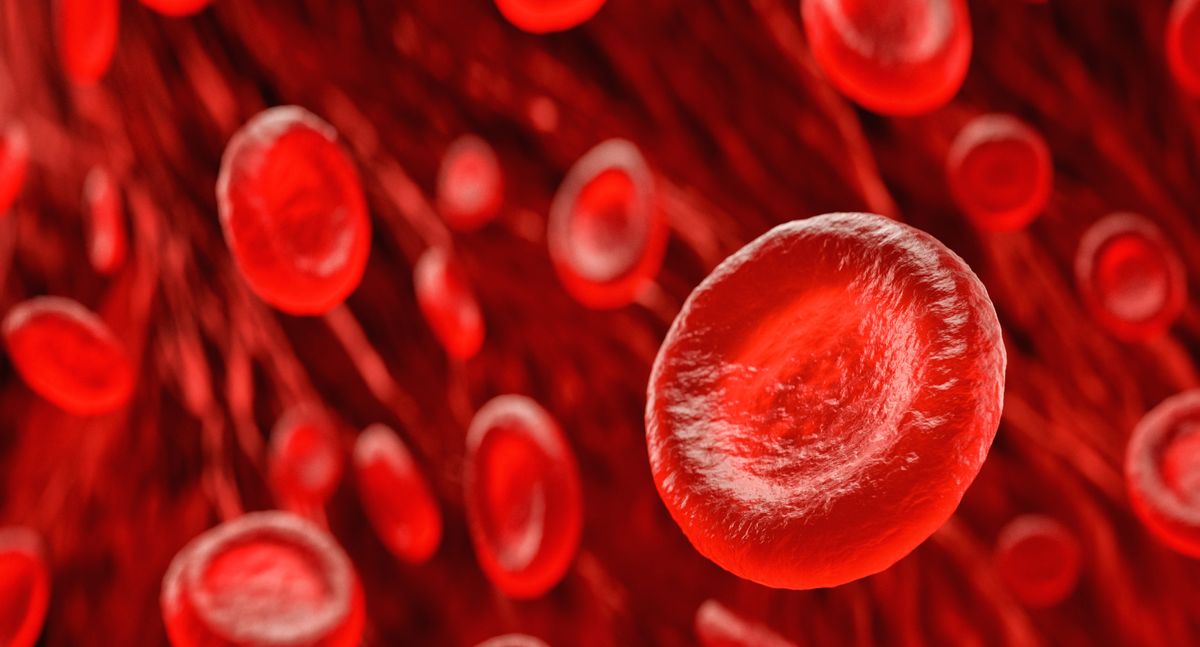Dive into the intricate world of Paroxysmal Nocturnal Hemoglobinuria (PNH) and test your knowledge on this rare blood disorder. From its distinctive symptoms to the latest treatment options, this quiz covers it all. Let‘s see how well you understand PNH!
Questions Overview
1. What is the primary cause of Paroxysmal Nocturnal Hemoglobinuria (PNH)?
A mutation in the PIGA gene
A deficiency in vitamin B12
An autoimmune response
A viral infection
2. Which of the following is a common symptom of PNH?
Frequent headaches
Hemoglobinuria
Joint pain
Skin rashes
4. Which of the following treatments is commonly used for PNH?
Antibiotics
Eculizumab
Chemotherapy
Radiation therapy
5. What is the role of the complement system in PNH?
It helps in blood clotting.
It destroys pathogens.
It attacks red blood cells.
It produces antibodies.
6. What is the prevalence of PNH?
1 in 10,000
1 in 100,000
1 in 1,000,000
1 in 10,000,000
7. Which organ is primarily affected by the hemolysis in PNH?
Liver
Kidneys
Heart
Lungs
8. What is the function of the PIGA gene?
It encodes a protein that helps in DNA replication.
It encodes an enzyme involved in the synthesis of GPI anchors.
It regulates the immune response.
10. Which of the following is a diagnostic marker for PNH?
Low hemoglobin levels
High white blood cell count
Absence of CD55 and CD59
Elevated platelet count
Can Your Friends Do Better Than You in This Quiz?
Share this quiz with your friends and compare results.
Was this page helpful?
More Popular History Quizzes:
-
Could You Vote in 1870 Quiz
-
Political Quiz
-
27 Amendments Quiz
-
Branches of Government Quiz
-
Constitution Quiz
-
WW2 Tank Quiz











